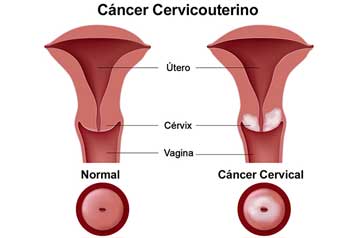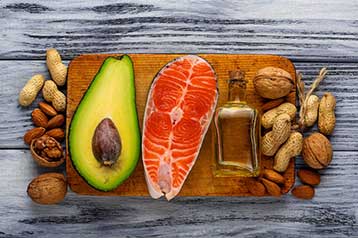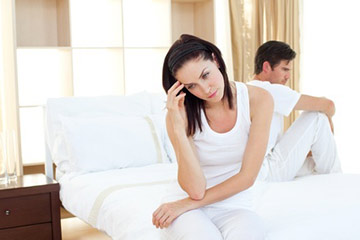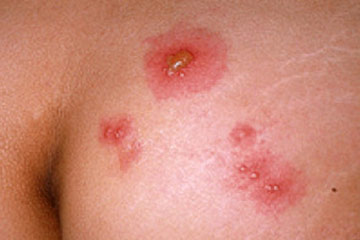HPV Vaccine
What is HPV?
HPV (human papillomavirus) is a sexually transmitted virus. It is passed on through genital contact (such as vaginal and anal sex). It is also passed on by skin-to-skin contact. At least 50% of people who have had sex will have HPV at some time in their lives.
Why haven't I heard of HPV?
HPV is not a new virus. But many people don't know about it. Most people don't have any signs. HPV may go away on its own-- without causing any health problems.
Who gets genital HPV?<
Who can get HPV?
Anyone who has ever had genital contact with another person may have HPV. Both men and women may get it -- and pass it on-- without knowing it. Since there might not be any signs, a person may have HPV even if years have passed since he or she had sex.
What makes a person more likely to get HPV?
Most people who have sex may get HPV. You are more likely to get HPV if you have:
- sex at an early age,
- many sex partners, or
- a sex partner who has had many partners.
If there are no signs, why do I need to worry about HPV?
There are many kinds of HPV and not all of them cause health problems. Some kinds of HPV may cause problems like genital warts or cervical cancer. HPV types 16 and 18 cause about 70% of cervical cancers. HPV types 6 and 11 cause about 90% of genital warts.
Is there a cure for HPV?
There is no cure for the virus (HPV) itself. There are treatments for the health problems that HPV can cause, such as genital warts, cervical changes, and cervical cancer.
What should I know about genital warts?
There are many treatment choices for genital warts. But even after the warts are treated, the virus might still be there and may be passed on to others. If genital warts are not treated they may go away, stay the same, or increase in size or number, but they will not turn into cancer.
What should I know about cervical cancer?
All women should get regular Pap tests. The Pap test looks for cell changes caused by HPV. The test finds cell changes early -- so the cervix can be treated before the cells turn into cancer. This test also can also find cancer in its early stages so it can be treated before it becomes too serious. It is rare to die from cervical cancer if the disease is caught early.
Is there a test for HPV?
Yes. It tests for the kinds of HPV that may lead to cervical cancer. The FDA approved the HPV test to be used for women over 30 years old. It may find HPV even before there are changes to the cervix. Women who have the HPV test still need to get the Pap test.
Can I lower my chances of getting HPV?
- You can choose not to have sex (abstinence).
- If you have sex, you can limit the number of partners you have.
- Choose a partner who has had no or few sex partners. The fewer partners your partner has had -- the less likely he or she is to have HPV.
- It is not known how much condoms protect against HPV. Areas not covered by a condom can be exposed to the virus.
What is the HPV vaccine and how does it work?
The vaccine mimics the disease and creates resistance. It is NOT a live or a dead virus. It prevents infection with HPV types 6, 11, 16 and 18.
Is it safe?
Tests of the vaccine showed only minor problems. Some people had a slight fever. Others had redness or irritation on their skin where they got the shot.
Is it effective?
The vaccine is between 95-100% effective against HPV types 6, 11, 16, 18.
Who should get the HPV vaccine?
The FDA has approved the vaccine for girls and women ages 9-26. It is best to get the shot before the start of sexual activity.
How many shots do you need?
There are three shots. Once you get the first shot, you need a second shot two months later. You need to get a third shot six months after you get the first shot.
How long are you protected?
Since the vaccine is new, more studies need to be done. For example, the FDA does not know if you will need to have a booster after a couple of years.
Should I get the vaccine if I already have HPV?
The vaccine will not treat or cure HPV. It may help people who have one type of HPV from being infected with the other types. For example, if you have type 6, it may protect you from getting type 16.
Can I catch HPV from getting the vaccine?
No. The vaccine does not contain the HPV virus.
US Food And Drug Administration
http://www.fda.gov/womens/getthefacts/hpv.html






